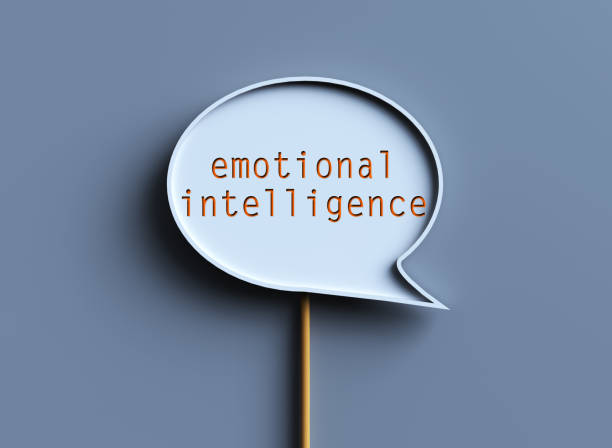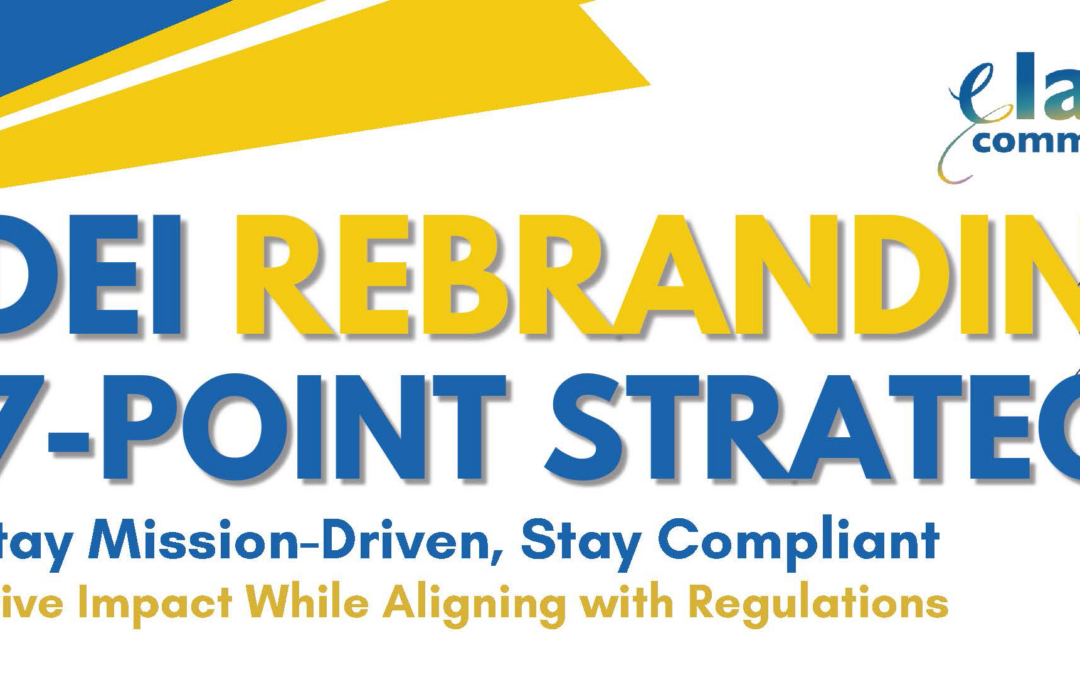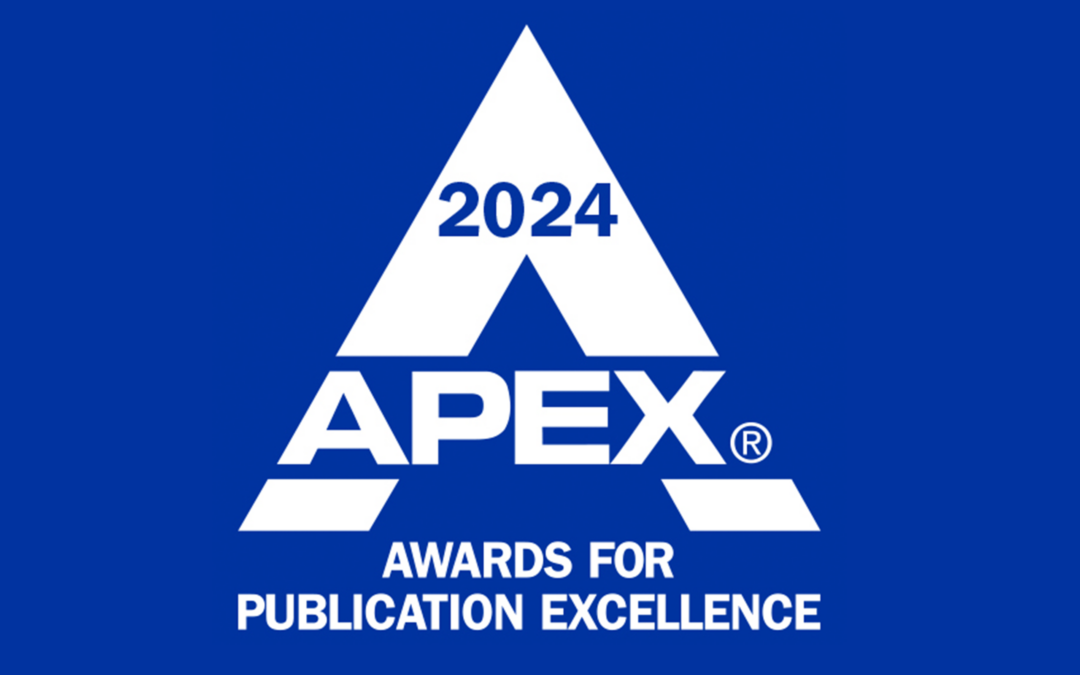One essential component that can significantly enhance communication in the workplace is emotional intelligence (EI). Emotional intelligence refers to the ability to recognize, understand, manage, and influence emotions—both your own and others’. Leaders can benefit immensely from cultivating higher emotional intelligence to improve their communication skills and create healthier, more productive environments.
Improved Understanding of Others
One of the key pillars of emotional intelligence is empathy—the ability to understand and share the feelings of others. When you can empathize with someone, you’re better equipped to communicate in ways that resonate with them. You understand their perspective, their emotional state, and how best to engage with them. This leads to more meaningful, compassionate, and productive conversations. For instance, if you’re discussing a difficult topic with a colleague who’s visibly upset, your ability to recognize their emotions and respond in a supportive manner can de-escalate the situation and foster a more collaborative dialogue.
Better Conflict Resolution
Conflict is inevitable in any workplace or social setting, but emotional intelligence equips you with the skills to handle disputes in a constructive way. When you can regulate your own emotions—staying calm and composed under pressure—you’re less likely to escalate conflicts. Instead, you can approach disagreements with a balanced mindset, focusing on finding solutions rather than reacting impulsively. Emotional intelligence helps you stay objective, listen actively, and communicate in a way that addresses the root of the problem without adding fuel to the fire. This leads to faster resolution of conflicts and better relationships among team members.
Enhanced Self-Awareness and Self-Expression
Self-awareness, another key aspect of emotional intelligence, enables you to recognize your own emotions and how they influence your communication. Being in tune with your emotions helps you express yourself more clearly and appropriately. It allows you to choose the right words and tone, ensuring that your message is not misunderstood or misinterpreted. For example, if you’re feeling stressed or frustrated, emotional intelligence helps you recognize these emotions before they affect your behavior or communication. You can take a moment to regroup, so you approach the conversation with a clear mind, rather than letting emotions dictate your responses.
Building Stronger Relationships
Effective communication is the foundation of any successful relationship, whether professional or personal. Emotional intelligence enables you to create deeper, more trusting connections with others. When you communicate with awareness of your own emotions and sensitivity to those of others, you create an atmosphere of trust and respect. People are more likely to connect with you when they feel that their emotions are valued. Leaders with high emotional intelligence, for example, are more likely to retain employees and foster loyalty because their communication makes team members feel heard, appreciated, and respected.
Better Team Collaboration
In a team environment, emotional intelligence allows for more effective communication by ensuring that everyone’s emotions are understood and considered. When team members understand each other’s emotional cues and communicate in an empathetic manner, they can collaborate more seamlessly. High emotional intelligence leads to better listening, clearer understanding, and less miscommunication—making it easier to work toward shared goals. Moreover, emotionally intelligent leaders can inspire confidence in their teams, creating an environment where team members feel safe to express themselves and contribute ideas. This can lead to increased creativity, improved morale, and better overall team performance.
Enhancing emotional intelligence is not just about understanding emotions—it’s about using that understanding to communicate more effectively, build better relationships, and create environments where people feel heard, valued, and respected. By improving your self-awareness, listening skills, empathy, emotion regulation, and nonverbal communication, you can enhance your ability to connect with others and navigate complex social dynamics.
As we continue to evolve in both personal and professional spheres, emotional intelligence remains a critical asset. In the realm of communication, it allows us to be not just good speakers but great listeners, leaders, and collaborators. The more you invest in developing emotional intelligence, the better equipped you’ll be to foster communication that’s not only effective but also meaningful.









